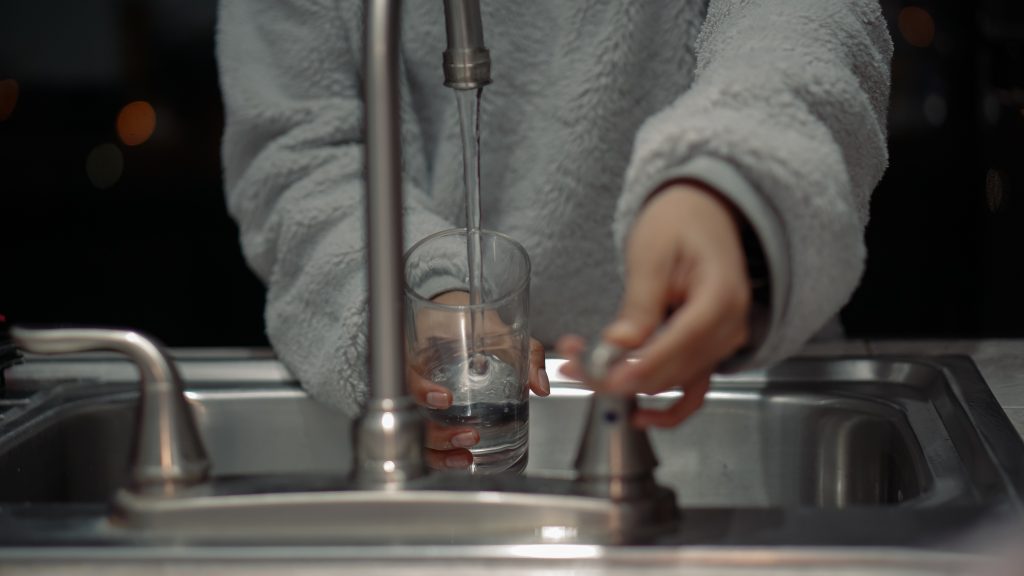Per- and polyfluoroalkyl substances, commonly known as PFAS, have been around for decades. They’re used to manufacture food packaging, your favorite non-stick pan, or even rain boots. But decades of use have proven that PFAS chemicals can negatively affect your health for years after exposure.

Since the 1940s, manufacturing companies have used PFAS compounds in their processors. PFAS are naturally resistant to water, grease, or stains which allow manufacturers to create common non-stick kitchenware, packing equipment, and water-resistant furniture or outdoor wear. But years of exposure to our environment and communities have shown that these pesky “forever chemicals” are tough to get rid of. And though manufacturers are phasing out harsher PFAS compounds from their products, their ability to persist in society and the environment has allowed them to embed themselves in our natural soils and seas, making exposure —even at a minimum— very likely.
PFAS have threatened our wildlife and infiltrated our homes. The fish we pan-fry and the pizzas we order now make us weary. And while these exposures concern us, we should call attention to the water we drink every day. Many townships and boroughs throughout the country have reported exceeding levels of PFAS compounds in their tap water, usually contaminated by industrial discharge or runoff from firefighting foam. This can affect a wide range of ordinary individuals or families, leading to various cancers, compromised immune systems, and dangerous diseases. New mothers who are drinking high volumes of water risk affecting lactation. Curious children crawling on floors or sticking their favorite toy into their mouths can expose themselves to the relentless chemical. PFAS don’t seem to be going anywhere but we can take measures to reduce overall exposure.
Some fast-food companies and grocery stores have committed to reducing or eliminating PFAS food packaging, while other companies are making efforts to follow suit, though at a snail’s pace. But we shouldn’t trust large companies with our safety. You can look for food packaging that reveals levels of PFAS in their product to reduce your exposure or contact your local water well manager to speak about the levels of PFAS in your tap water.
If you would like to speak to an attorney about your rights or how you can combat illegal exposure to PFAS chemicals, contact Shub Law Firm at (856) 772-7200 or email us at leads@shublawyers.com.


